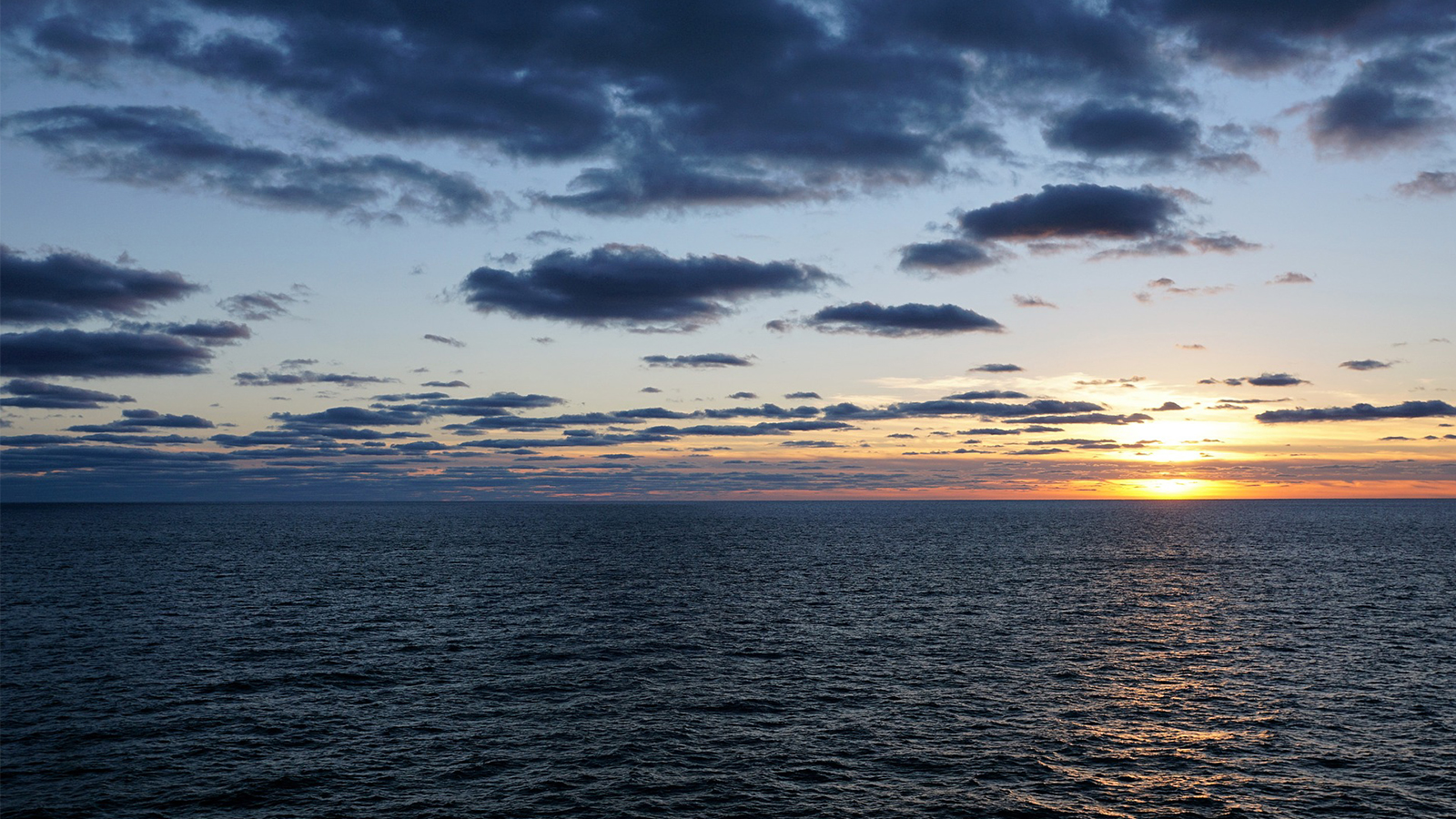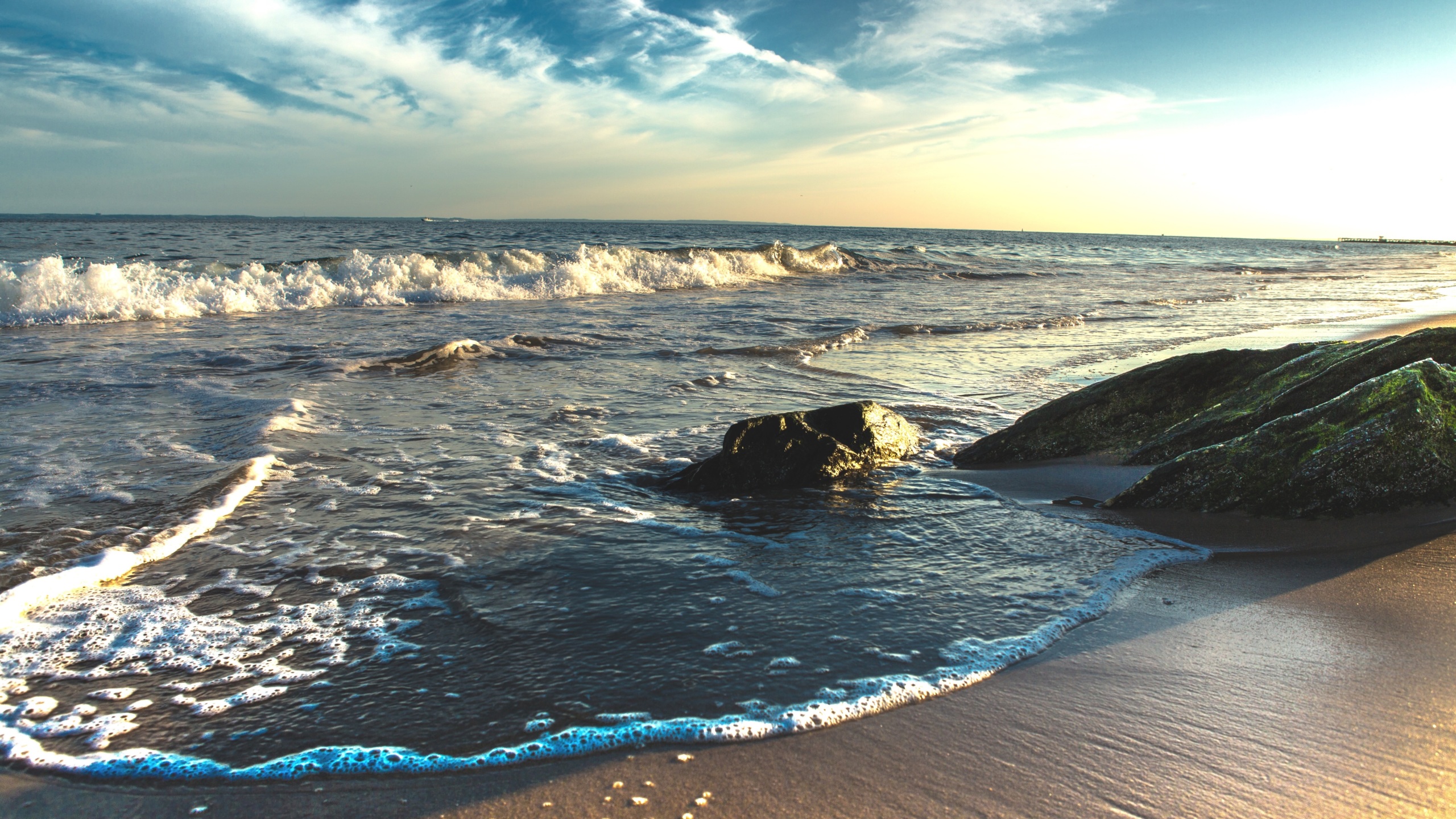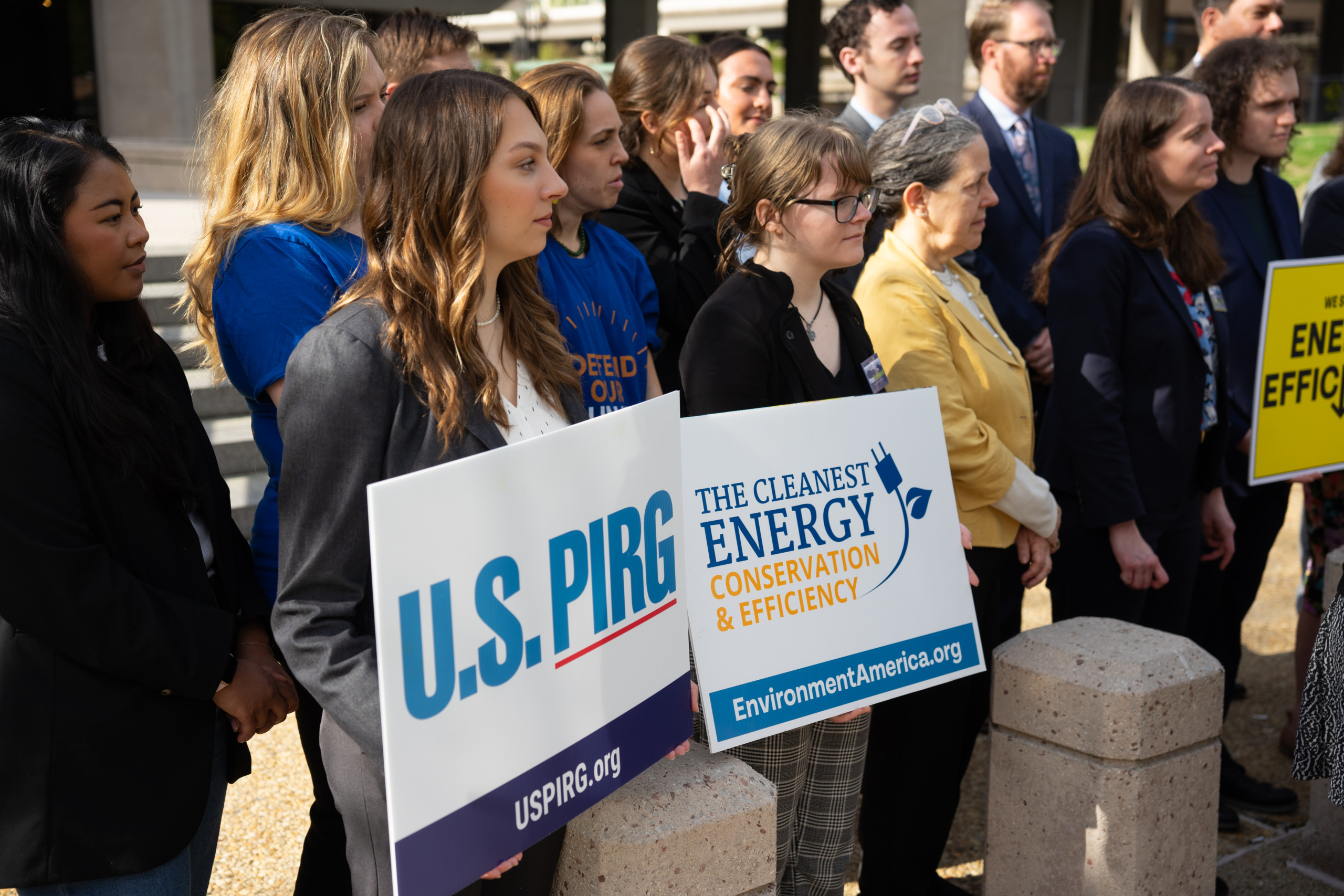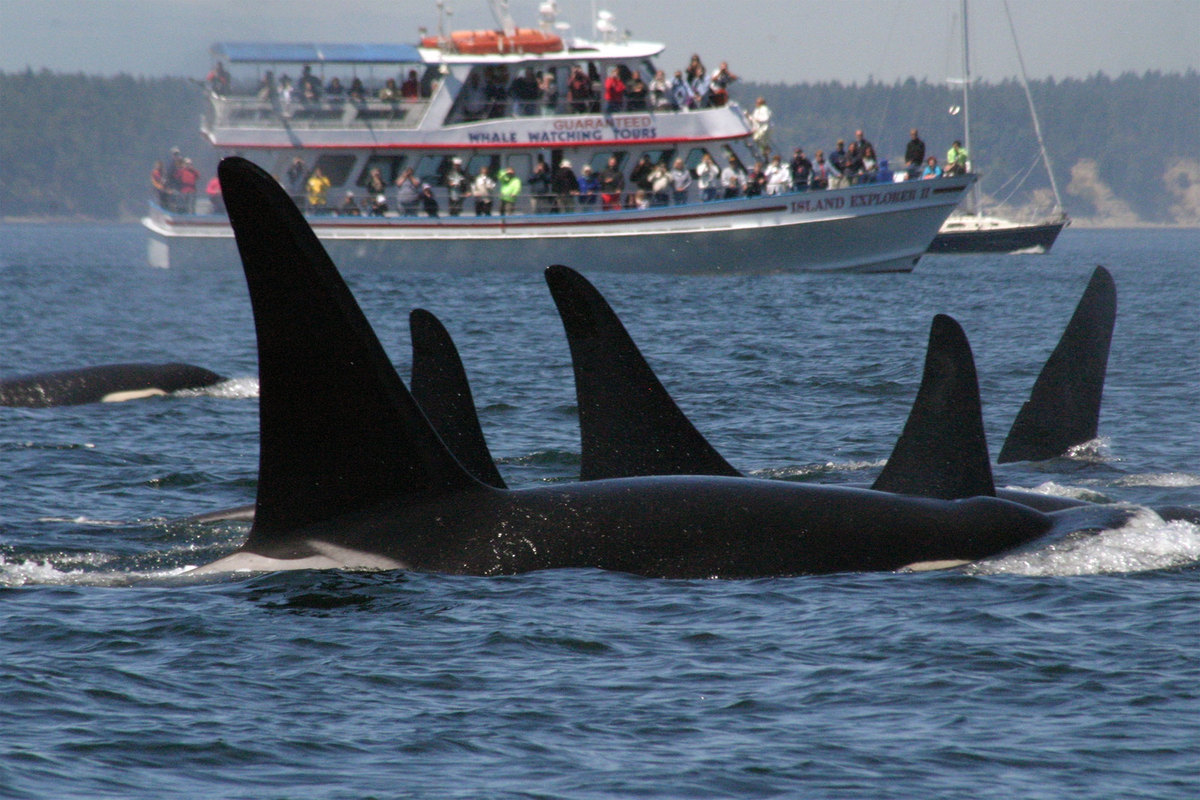A marine heat wave is taking a toll on the Pacific Northwest
Across our country our ocean's are facing a marine heat wave. We've all heard the news about how ocean water in Florida has eclipsed 100 degrees, and now the Pacific is warming too.

When you picture Oregon’s beautiful coastline, you probably think of crashing ocean waves, pine trees on steep rocky cliffs, cool oceanwater and a soft breeze. But recently, this idyllic picture has been impacted by a marine heat wave.
This summer, coastlines across our country have experienced greatly increased ocean temperatures, and the waters off of Oregon and Washington are no different. Typically they remain cooler because of water welling up from the deep ocean near the shore. But this blast of cold water is not keeping things cool this year. Instead, a pocket of unusually warm ocean water has migrated in from the Pacific and is leaving waters five to seven degrees warmer than normal.
The good news is our kelp forests, seals, and Dungeness crab are used to varying ocean conditions, so right now, they’re handling the heat. But while this heat wave is not an immediate cause for alarm, it could turn problematic if it sticks around for too long or the water gets too hot. In the past decade, there have been multiple instances where warmer oceans have caused algal blooms which kill off critters like razor clams and other shellfish.
As global temperatures continue to rise over the coming years it’s expected that our oceans will get hotter and marine events like this one will occur more often, posing a threat to the ocean life that makes Oregon’s coast so amazing. That’s why we’re working to combat climate change while also doing more to create healthy, resilient ocean ecosystems that can bounce back from extreme temperatures.
You can read more about this heat wave and its impacts here.
See the Campaign

Protect Our Oceans
Topics
Updates

Energy Conservation & Efficiency
Department of Energy finalizes water heater efficiency standards

New grants can make our roadsides bee-friendly

Energy Conservation & Efficiency
Biden administration finalizes lightbulb efficiency rules

Energy Conservation & Efficiency
Groups urge Biden to ‘Finish the job’ on appliance efficiency

